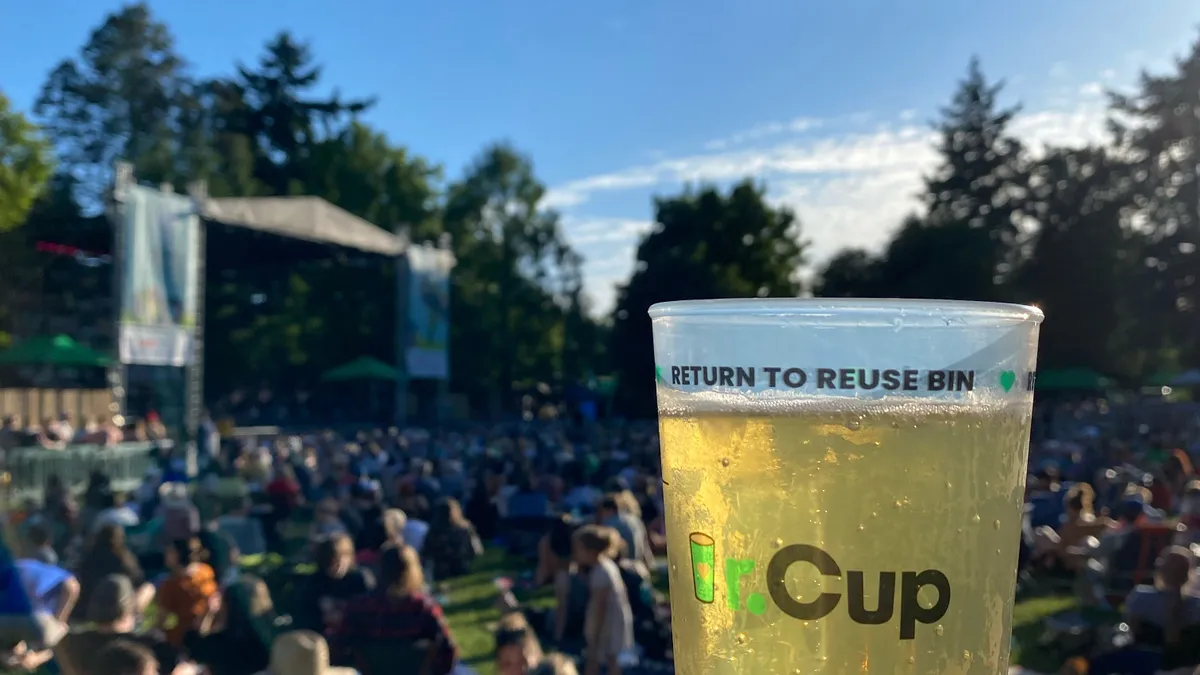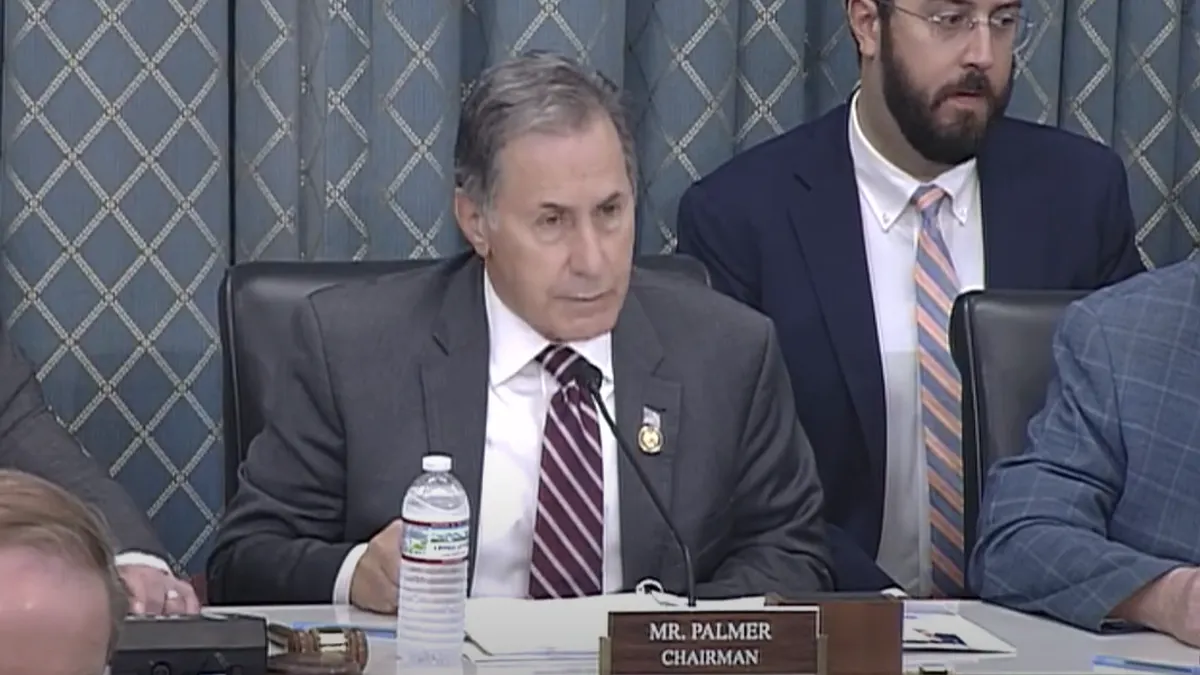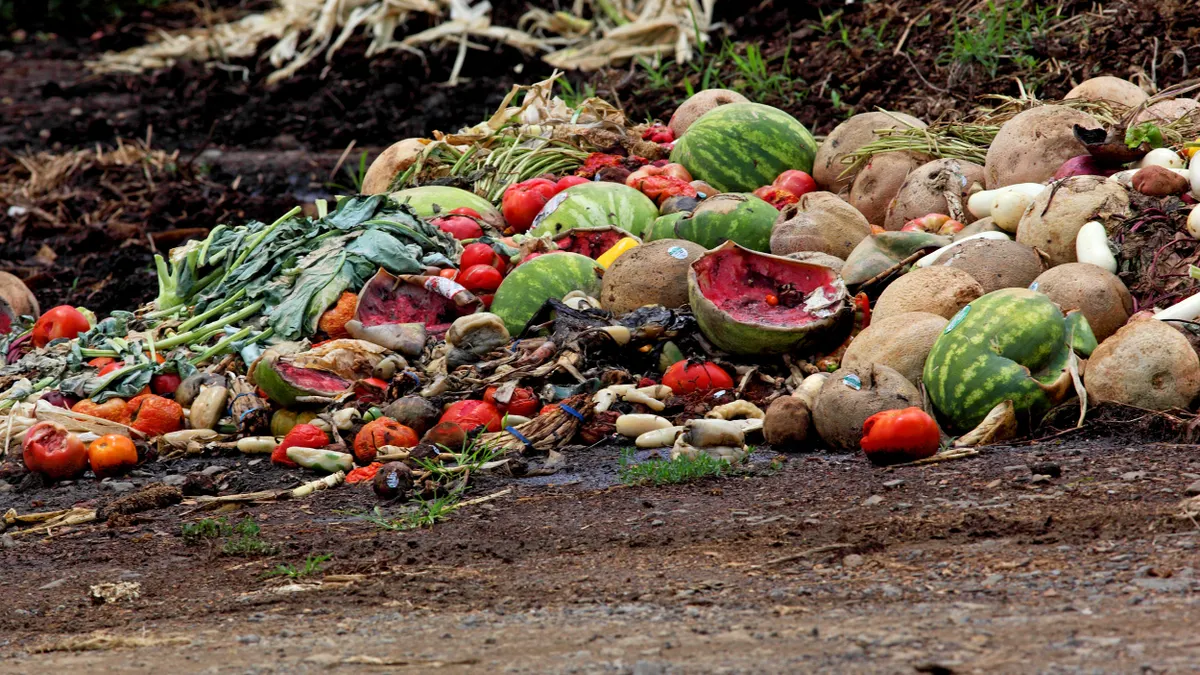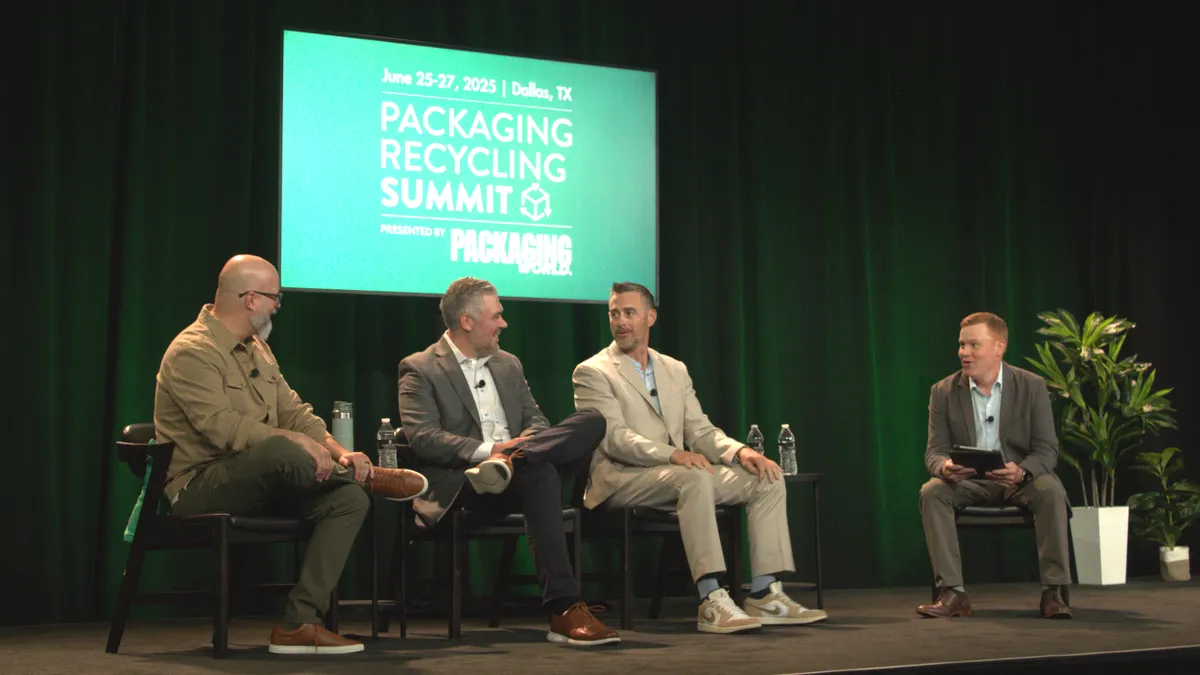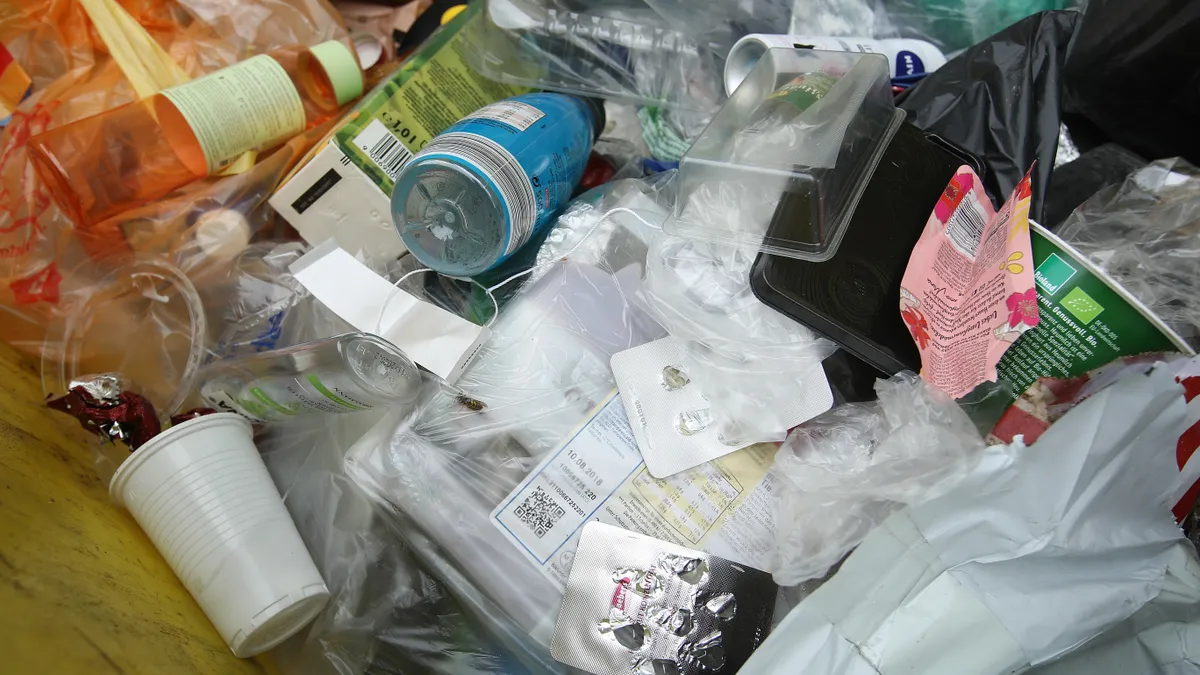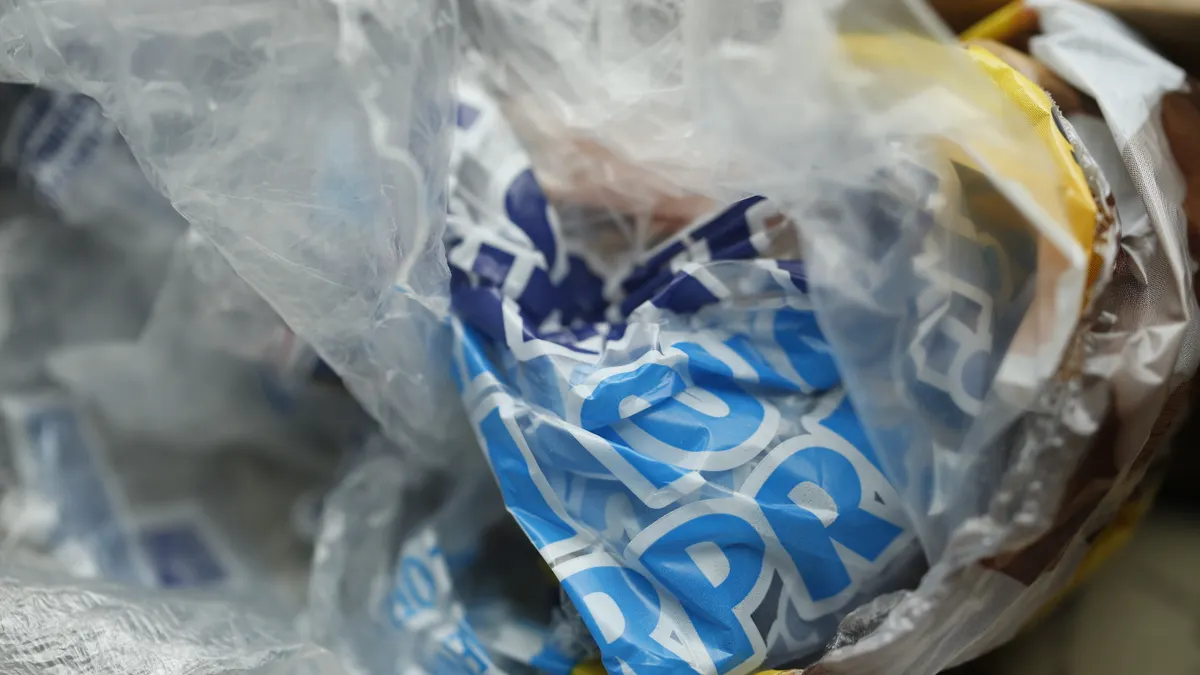The scene of trash cans overflowing with discarded drink cups is familiar to anyone who’s ever seen the aftermath of a music festival, football game or other live event. This is beginning to change, thanks in part to efforts from certain U.S. cities trying to reduce their carbon footprints.
While full data on the messes caused by single-use waste at events isn’t available, prior estimates by groups such as Clean Water Action have indicated that Americans may be ditching billions of single-use cups per year. The vast majority of these — whether made from plastic-coated paper or plastics such as PET, polylactic acid or polystyrene — are often not recycled at venues.
And it’s not just venues looking to make the switch. Delta Airlines is also piloting reusable cups for its main-cabin drinks service and select movie theatres in Seattle are starting to do the same.
Although live events account for a little over 3% of cup waste, they represent “low-hanging fruit” for reuse systems and waste reduction, said Joseph Piasecki, policy and public affairs coordinator for the San Francisco Environment Department. San Francisco is one of several U.S. cities — others include Denver, Seattle and Atlanta — that are encouraging venues to make the switch from single-use cups. More reuse companies are emerging to meet the growing demand.
Both r.Cup and another leading reusable cup company, Turn Systems, offer polypropylene cups. Turn also provides some aluminum and stainless steel models. A lifecycle assessment of reusable and single-use cups by the nonprofit Upstream found that reusable stainless steel and polypropylene cups were the first- and second-most sustainable choices, respectively — assuming they were washed and reused at least six times.
Some venues disallow metal (and glass) for safety reasons, though. And in many markets, cups that contain alcohol are required to be transparent. In these cases, polypropylene is the most versatile option.
Turn, which wasn’t available for an interview, claims an average of 120 uses for each of its plastic cups. Whereas r.Cup says it aims for 300 reuses. Michael Martin, CEO and founder of r.Cup reports 95% participation rates among customers so far. This is partly due to using “ugly” cups that he said no one wants to steal and concerted efforts among venue staffs and cities to educate consumers via social media outreach and signage.
Venues that ditch disposables are finding the move results in financial savings through reduced cleanup costs and disposal fees, revenue from sponsor logos on cup-return bins and, in some cases, optional “sustainability charges” that customers can choose to pay. Martin said “we’ve done [almost 5] million transactions and we've had two [customers] opt out.”
Municipal grant programs and other incentives can also add to cost savings. San Francisco, for example, is running a pilot that offers large venues $5,000 of reuse service (or three months’-worth, whichever comes first).
“For venues especially, beverages are a priority because their life in a person's hand isn't all that long; we’re trying to target some of the quickest-generated waste with a solution,” said Piasecki.
Seattle, which banned disposable food service ware in 2010 — requiring businesses to adopt recyclable or compostable options — has recently been pushing businesses to embrace reusables for all food service ware, not just cups.
“There's broad awareness that the amount of single-use waste at our major sports and entertainment venues is not sustainable. We are really encouraging businesses to take another look at reusables to meet their compliance obligations,” said McKenna Morrigan, strategic advisor for Seattle Public Utilities.
The city’s Reuse Seattle program is currently offering rebates of up $500 for businesses making the change and has partnered with several reusable cup-providing companies, some of which also offer washing services. One of the companies is Bold Reuse, an Oregon-based outfit that provided reusable beer cups to the Northwest Folklife Festival this past May.
R.Cup is currently Seattle’s largest reusable cup operator. So far, it has provided reusable cups to a dozen venues to displace half a million single-use cups. It also services two venues elsewhere in Washington state. Additionally, r.Cup built a local wash hub that can accommodate non-stand cup sizes as well as other types of food service ware.
Martin said part of r.Cup’s model is to partner with cities, identify economic development zones, “then build really advanced wash hubs in those economic development centers to help build the community.” Overall, r.Cup has rolled out in 200 locations across the country.
Currently, r.Cup and Turn are both winning national venue placements. Turn is now a reuse partner for venues and festivals with Live Nation, which sells 500 million concert and festival tickets a year; the partnership rollout began in Atlanta. Turn’s model offers an app that lets consumers garner awards for participation; it offers businesses access to analytics like user participation and alerts for when bags of dirty cups are full and ready for washing.
R.Cup is partnering with the National Independent Venue Association to serve member locations across the country. So far it has collaborated with venues in Denver, Seattle, Los Angeles, Washington, D.C. and Minneapolis. It’s also working with sports and music promoter AEG to offer reusable cups in 50 venues throughout the U.S. Sample metrics from AEG’s Denver venues in April 2023 show that 97,000 single-use cups were diverted to prevent 1,514 pounds of waste, 9,534 pounds of CO2 equivalent and 31,648 gallons of water use.
The pandemic put a brief wrinkle in reuse efforts, with fears stoked that washing would be insufficient to sterilize food service ware. That fear has since been quelled, with neither the U.S. Centers for Disease Control or the Food and Drug Administration issuing guidance suggesting that proper cleaning and sterilization of reusables comes with any health risks.
After the pandemic, cities resumed their reuse efforts. Seattle, for example, began encouraging smaller local businesses like cafes to switch to reusable coffee cups and looking to venues to offer reusable food bowls and plates.
“If we really are successful at replacing single use in a big way,” said Seattle’s Morrigan, “the environmental benefits are going to be just enormous.”


